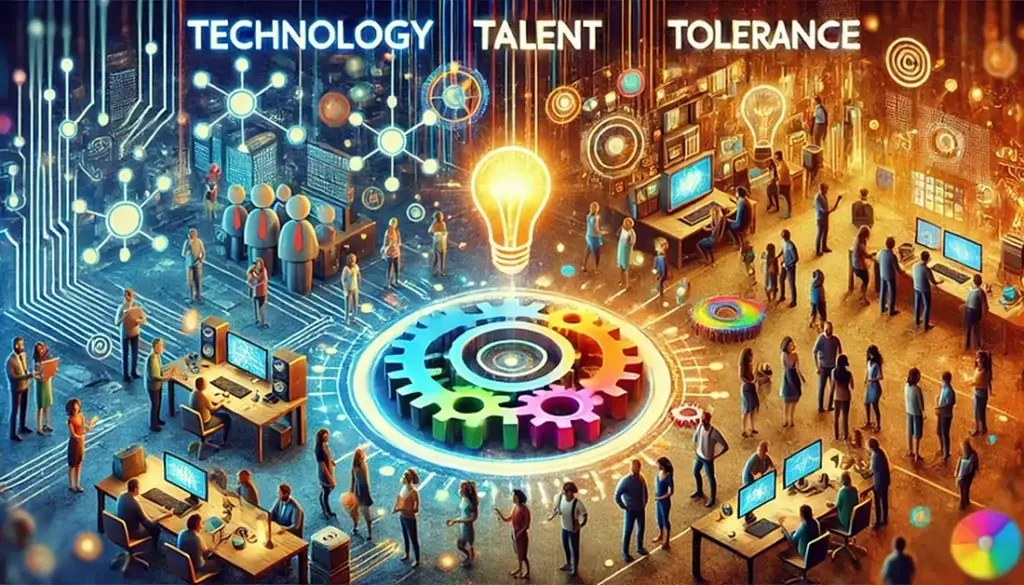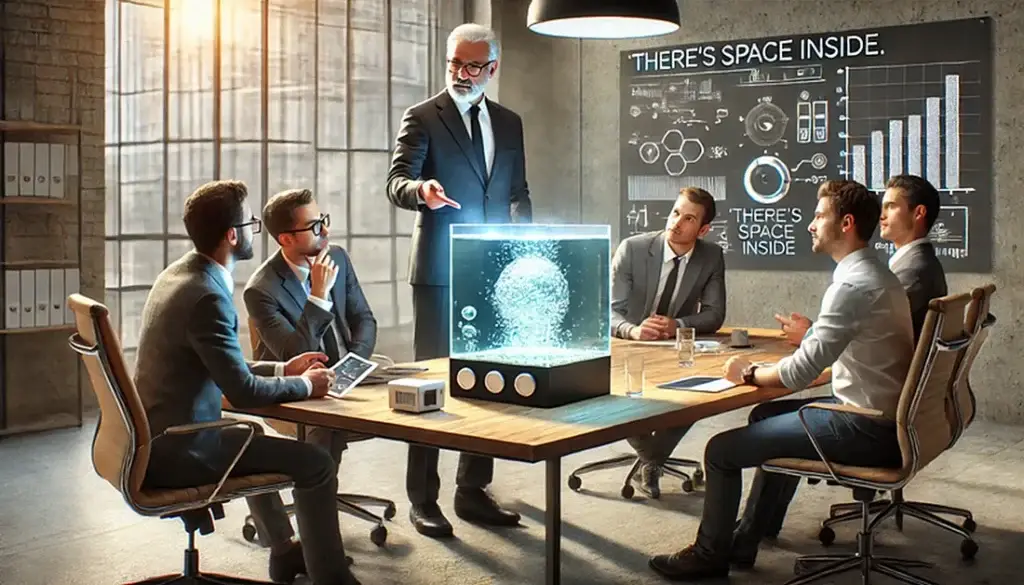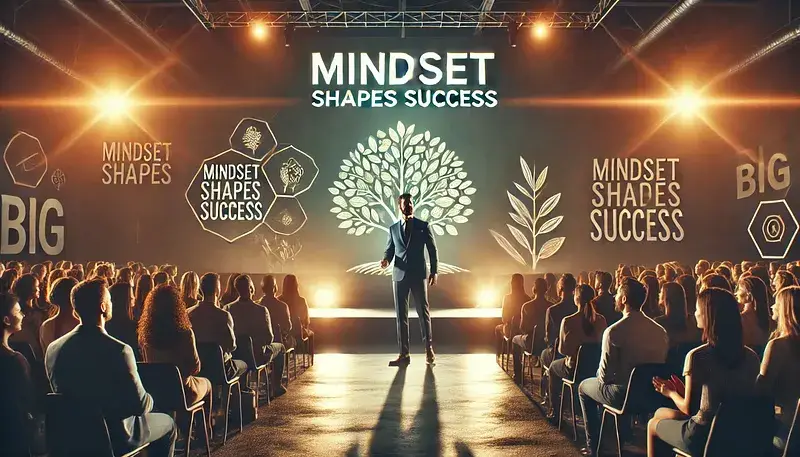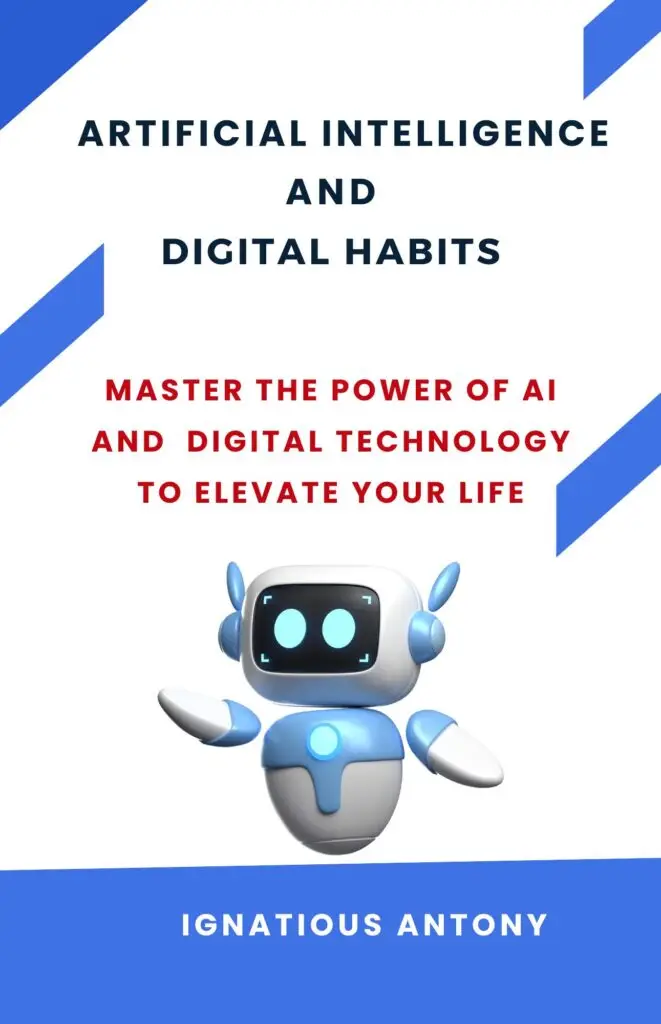Why Some People Always Succeed? The Power Of Mindset.

Add Your Heading Text Here
Over the past 50 years, professionally and personally, I’ve learned a fundamental lesson I want to share with you today.
It’s a simple truth, yet profoundly impactful: Having the right mindset is more important than having skills.
Your mindset controls everything you do. Skills are crucial—they help you perform tasks—but skills alone won’t guarantee success.
I’ve met many people brimming with talent—individuals who, by all measures, should have reached the pinnacle of their fields. Yet, they haven’t. Why?
Their mindsets and beliefs prevent them from performing at their best. They have the skills but not the mindset to utilise them fully.

The Power of Mindset
If you believe in your dreams and are willing to work hard for them, you’ll have a much better chance of succeeding. It’s all about what’s in your mind. As the adage goes:
“Think big, and you will do big things. Think small, and you’ll remain small.”
Mindset isn’t just important—it’s everything. In life, whether facing personal struggles or professional challenges, success doesn’t always go to the strongest or the fastest. Success goes to those who believe in themselves.
Sooner or later, the person who wins is the one who thinks they can win. Your mindset affects everything—more than your education, your skills, or even the genes you were born with.

What is Mindset?
In fact, scientific research reveals that your mindset can literally affect the way your genes function! This means you can’t attribute everything to your DNA.
For instance, some people believe they’ll develop diseases like diabetes simply because their relatives have it.
But the right mindset can lead to healthier decisions and a better future.
Mindset is simply a series of thoughts and beliefs that direct your behavior.
It’s like a pair of glasses through which you see the world. If your mindset is positive, challenges become opportunities. If it’s negative, you’ll feel stuck.
A positive mentality powers creativity, innovation, and success. It’s about taking the initiative—acting before things happen, not just responding after they occur.

Innovation: The Three T's
Technology, Talent, and Tolerance
When we talk about innovation, there are three key elements to keep in mind:
- Technology: Provides the tools for us to create new things.
- Talent: Involves having ideas and skills.
- Tolerance: Means accepting different perspectives and ideas, even if they are unusual.
Innovation happens when people with different ideas come together and are open to each other’s views. That’s how new and amazing things get created.

Be Proactive
An innovative mindset means taking charge of your life, not waiting for things to happen. Think of it like this:
When a kitten is in trouble, its mother picks it up and saves it. But when a baby monkey is in danger, it has to jump onto its mother’s back to save itself.
Innovators are like baby monkeys—they take responsibility for their success. They don’t wait for someone to rescue them. They make things happen.

Challenge the Status Quo
One of the biggest obstacles to innovation is thinking that things should always be done the way they’ve always been done. Successful people don’t fall into that trap. They question everything.
Case Study: Steve Jobs and the iPod
Let me share a story about Steve Jobs, the founder of Apple. During the development of the first iPod, his engineers brought him a prototype, confident that it was as small as it could be.
Jobs took the device, walked to an aquarium, and dropped it in. As bubbles floated to the surface, he said, “Those are air bubbles. That means there’s space in there. Make it smaller.”
This bold challenge pushed his team to innovate beyond their perceived limits. It teaches us to question what’s possible and to not accept limitations without testing them.

Small Changes Can Lead to Big Innovation
Innovation doesn’t always mean making massive changes. Sometimes, a small change can make a huge impact.
Case Study: The Ice Bucket Challenge
Consider the Ice Bucket Challenge. It was a simple idea: pour ice water over your head to raise awareness and funds for ALS, a disease that affects nerve cells. The challenge went viral and raised millions for research. This shows how one simple idea can become a massive movement, making a significant difference

The Importance of Curiosity
Children are natural inventors and innovators. They’re not afraid to experiment or take risks. They are curious and amazed by the world.
As we grow up, we tend to lose that curiosity. But we shouldn’t! We must remain curious, take risks, and not be afraid to fail. That’s how we come up with new ideas and solve problems.
Case Study: Thomas Edison
Think about Thomas Edison. He failed thousands of times before successfully inventing the light bulb. When asked about his failures, he said, “I have not failed. I’ve just found 10,000 ways that won’t work.” His relentless curiosity and refusal to accept failure led to one of the most important inventions in history.

The Power of Choices
Our future is created based on our choices. Here are some key decisions that innovators make:
- Are you going to be a player or a watcher? Spectators observe, but players make things happen.
- Save yourself or wait for someone else to do it? You are responsible for your success.
- Should you stay in your comfort zone or step out? Growth happens when you push yourself.
- Will you be an upstander or a bystander? To innovate, you must communicate your ideas, even if they are unpopular.

Breaking Free from the Past
People often face challenges because they cling to old ways. They think, “That’s how it was done before, and it worked.” But to succeed, we must adapt and experiment with new methods. What worked once will not necessarily work again.
Challenging Assumptions
Revolutionaries never stop questioning assumptions. They ask, “Why not?” and “What if?” They make people think outside the box and develop new ideas.
Case Study: The Wright Brothers
The Wright brothers were bicycle mechanics with a dream of human flight. At the time, many thought it was impossible. But they questioned that assumption experimented tirelessly, and ultimately made the first successful powered flight. Their ability to challenge the norm changed the world forever.

Final Thoughts
In summary, innovation is more than a skillset—it’s a mindset. It’s about being inquisitive, taking risks, and having faith that you can make an impact. So challenge yourself, have fun, and enjoy the process of creating something new.
Here are the Key Points to Remember:
- Innovation can be about simplifying things, not just adding more. Sometimes, the most straightforward solutions are the most effective.
- Sometimes, stopping old habits is more important than starting new ones. Let go of what’s not working to make room for new ideas.
- Don’t be held back by your past. Keep moving forward. Your past doesn’t define your future unless you let it.
- Always question the norm. Ask why things are the way they are. Curiosity leads to discovery and improvement.
- Take charge of your own life. Don’t wait for someone else to do it for you Be proactive in pursuing your goals.
- Focus on the future, not the past. Keep your eyes on where you’re going, not where you’ve been.
- Growth happens when you push yourself outside your comfort zone. Embrace challenges as opportunities to grow.
- Speak up and share your ideas. Your ideas could be the spark that ignites change.
- Surround yourself with people who inspire and challenge you. The company you keep influences your mindset and success.
Adopting this mindset and applying it to your life and work will help you achieve great things.
Remember, success is not a destination but a journey powered by the right mindset. Embrace change, be curious, challenge the status quo, and never stop believing in your ability to make a difference.
Closing Thoughts
Let me leave you with this thought:
The difference between those who succeed and those who don’t isn’t just talent or opportunity; it’s the mindset. It’s the belief that you can, the courage to take risks, and the resilience to keep going when things get tough.
So, go out there and think big. Believe in yourself. Take the initiative. Challenge assumptions. Be curious. Most importantly, we should never stop pushing forward.
Your mind is your most powerful tool. Use it wisely, and there’s no limit to what you can achieve.




